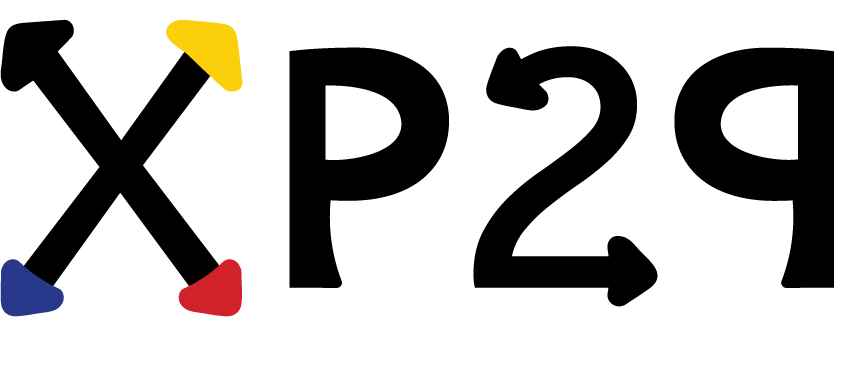It is our intention to produce a hands-on, practical guide for dissemination of our experienced challenges and successes in implementing peer learning and this Intellectual Outputs consists in a manual/guide for the implementation of peer learning in Mechatronics/Engineering studies.
We thus produced a practical guide for the dissemination of the methods we have successfully tested. It consists of three levels: 1) the “theory” level (“what?”) gives a brief reference and overview of the topic, 2) the “method” level (“how?”) gives practical information how peer-to-peer-learning, E-portfolios and competency-based teaching can be combined in favourable ways. The third level finally, 3) “analysis” describes the “why?”-aspects of the project. In the form of a SWOT-analysis, strengths, weaknesses, opportunities and threats are described in a way that we believe helps interested colleagues to easily find a mode for delivering their modules in an (X)P2P-way. The main three chapters of the handbook (on P2P-Learning, E-Portfolios and Competency-based teaching/learning) are designed to be read in any order.
Interested readers may start with the third chapter, get a glance at the “what”-level or jump immediately to the “why”level. The expected impact is a broader perception of possible teaching and learning methods in an often conservative (engineering) teaching environment. Finally, based on our experience in this project, we believe that the potential for transferability to other teaching communities – in the field of engineering – is “high”, considering the steps and partial implementation we have achieved.
The initial limitation to engineering stems from our starting point, namely that peer-to-peer teaching is known in general, but we lack specific examples on a larger scale in our discipline. Based on our experiences and the outcome of the project, we are convinced of a good transferability to a wider range of study areas.
The document is available in English, French, German and Romanian versions.
The European Commission’s support for the production of this publication does not constitute an endorsement of the contents, which reflect the views only of the authors, and the Commission cannot be held responsible for any use which may be made of the information contained therein.
